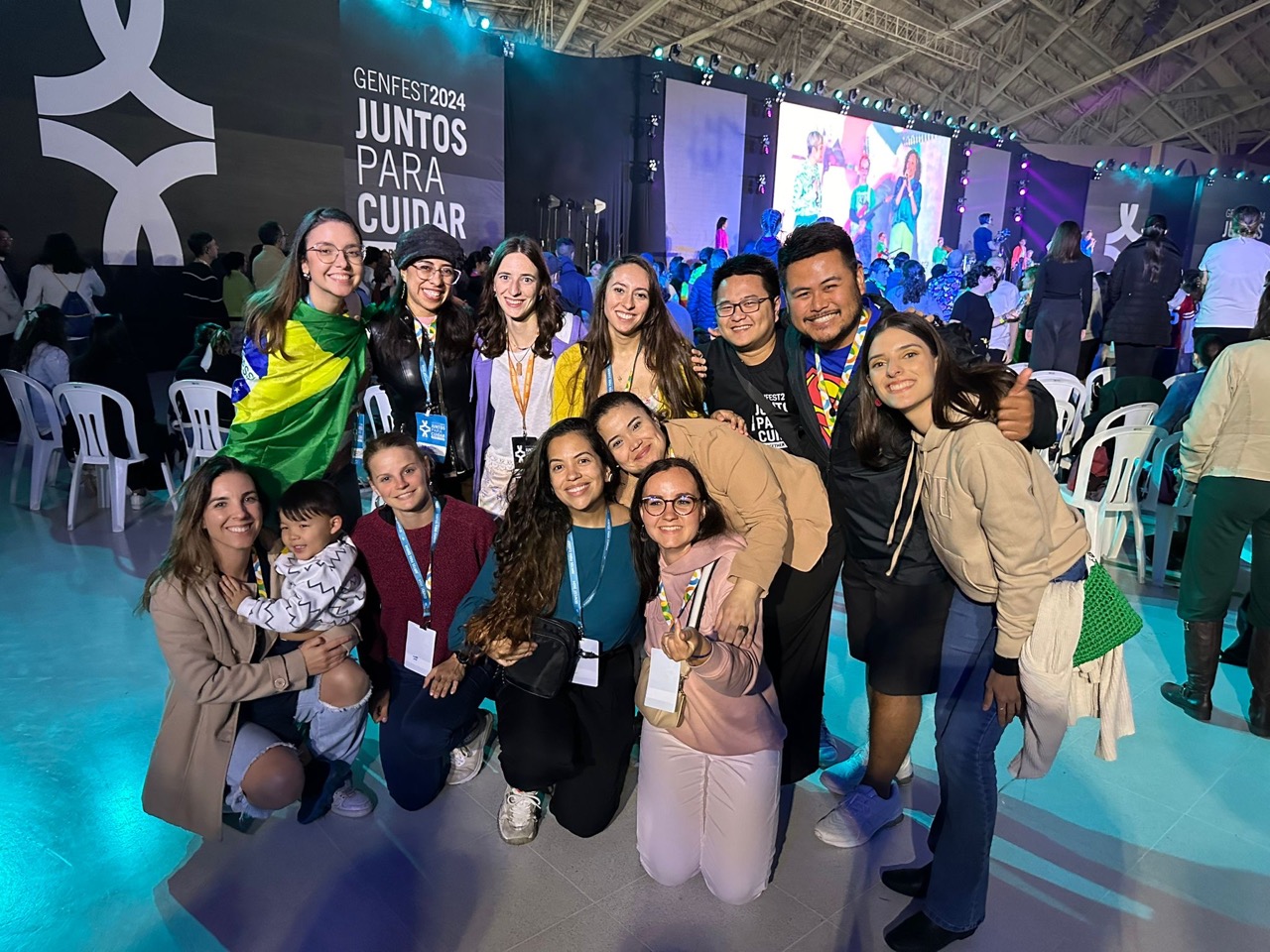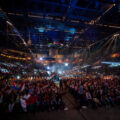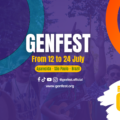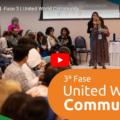
Workshop
The force of the Genfest: The testimony of Luísa Rodrigues
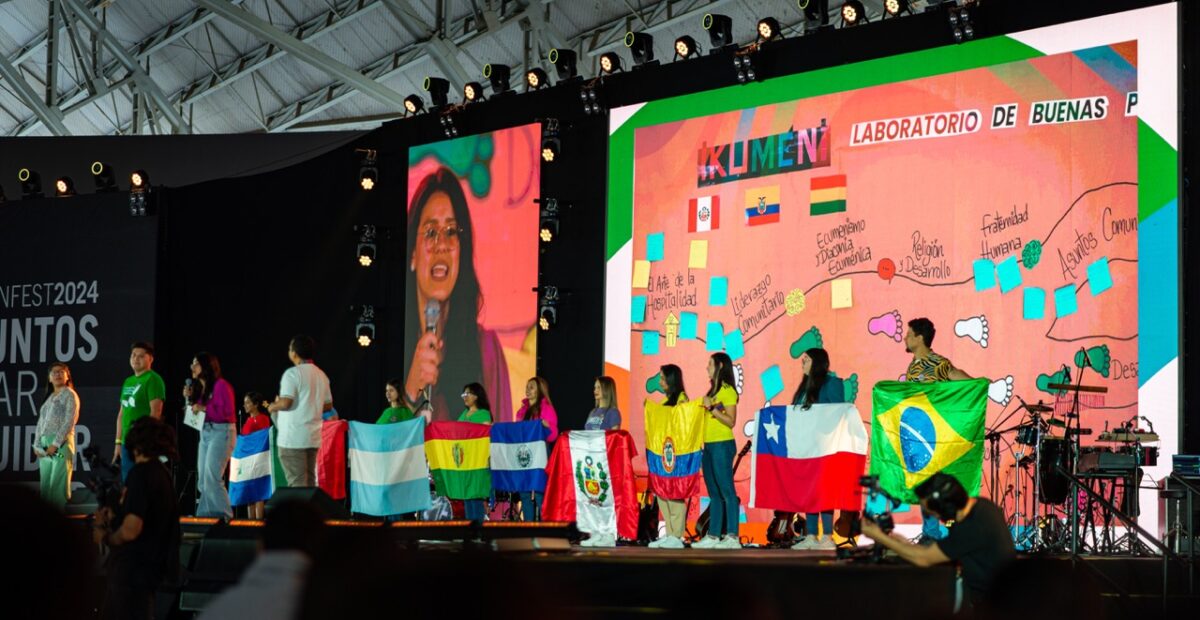
The testimony of Luísa Rodrigues, collaborator of the United World Project who lived the Genfest, the international manifestation of the youth of the Focolare Movement, in person herself.
The year 2024 was the year of the Genfest in Aparecida, Brazil: a great opportunity for the youth worldwide. We narrated of this with different articles and interviews on the history and present of this extraordinary event organized to continue to build unity and fraternity among the people.
Then, we couldn’t not listen to the testimonies of two historic collaborators of www.unitedworldproject.org: Anita Martinez and Luísa Rodrigues, who directly lived this manifestation divided in three phases: the first, the second, and the third. We believe that their memories and their reflections can be very useful to better understand the value of this important appointment. We began with Luísa as soon as she knew she would be participating.
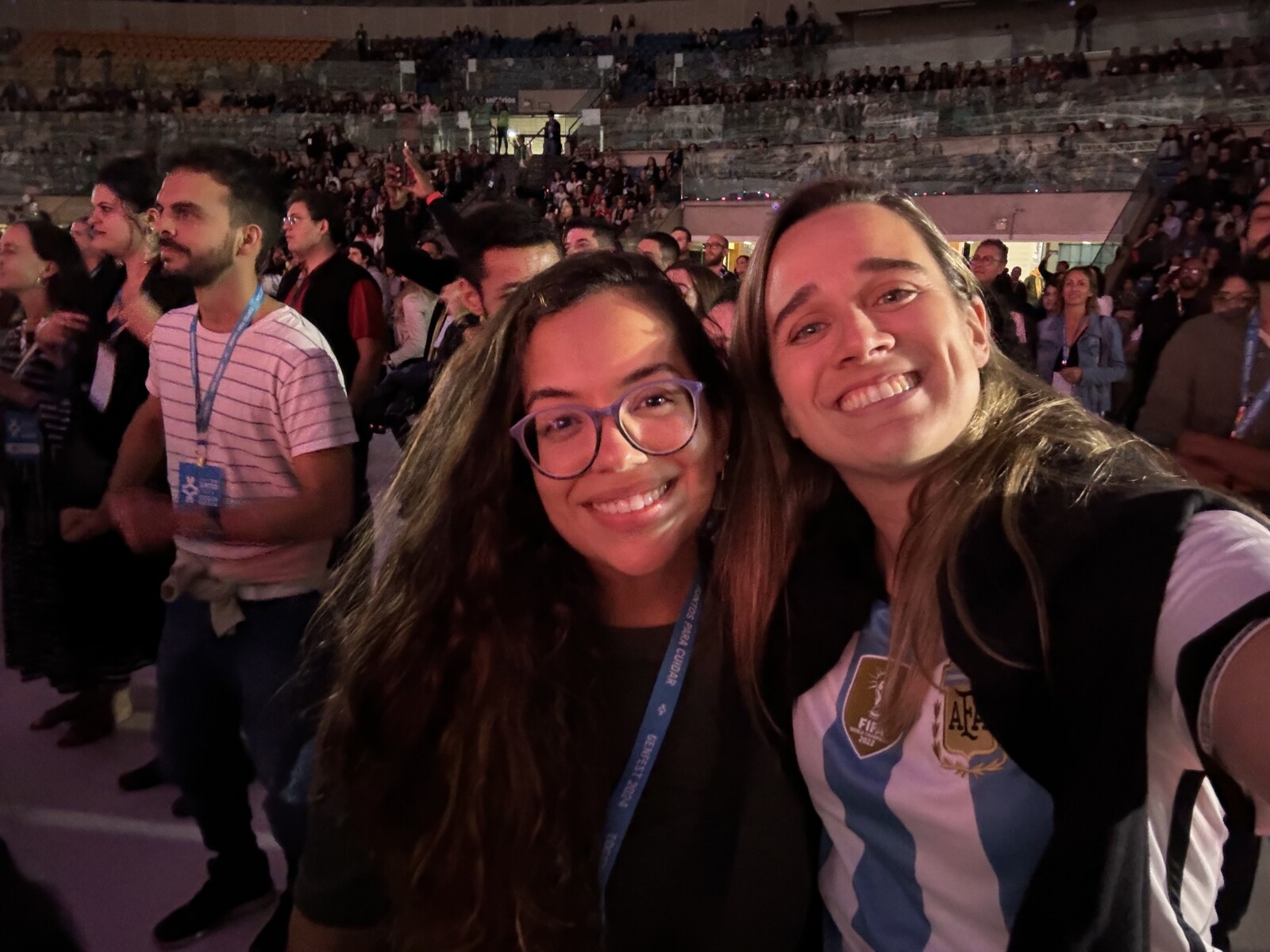
When did you know that you would have taken part in the Genfest of Aparecida?
I had taken part in the Genfest of Budapest in 2012 and in that of Manila in 2018. Here, the one in Brazil was announced for the year 2024. We Brazilians celebrate, but we understood our great responsibility: it was our turn! We knew of the great impact of the Genfest on the youth worldwide. We wished that soon others could live what we had experienced.
Then, Covid arrived.
And then there wasn’t a normal process of preparation. Doubts on its organization in 2024 arose, if it were to be held physically or online. We spoke a lot with Brazil and the organizers in Rome at the Centro dell’Opera. We agreed on the importance of maintaining it physically and chose Aparecida, near San Paolo, for geographic, logistical, and economical motives.
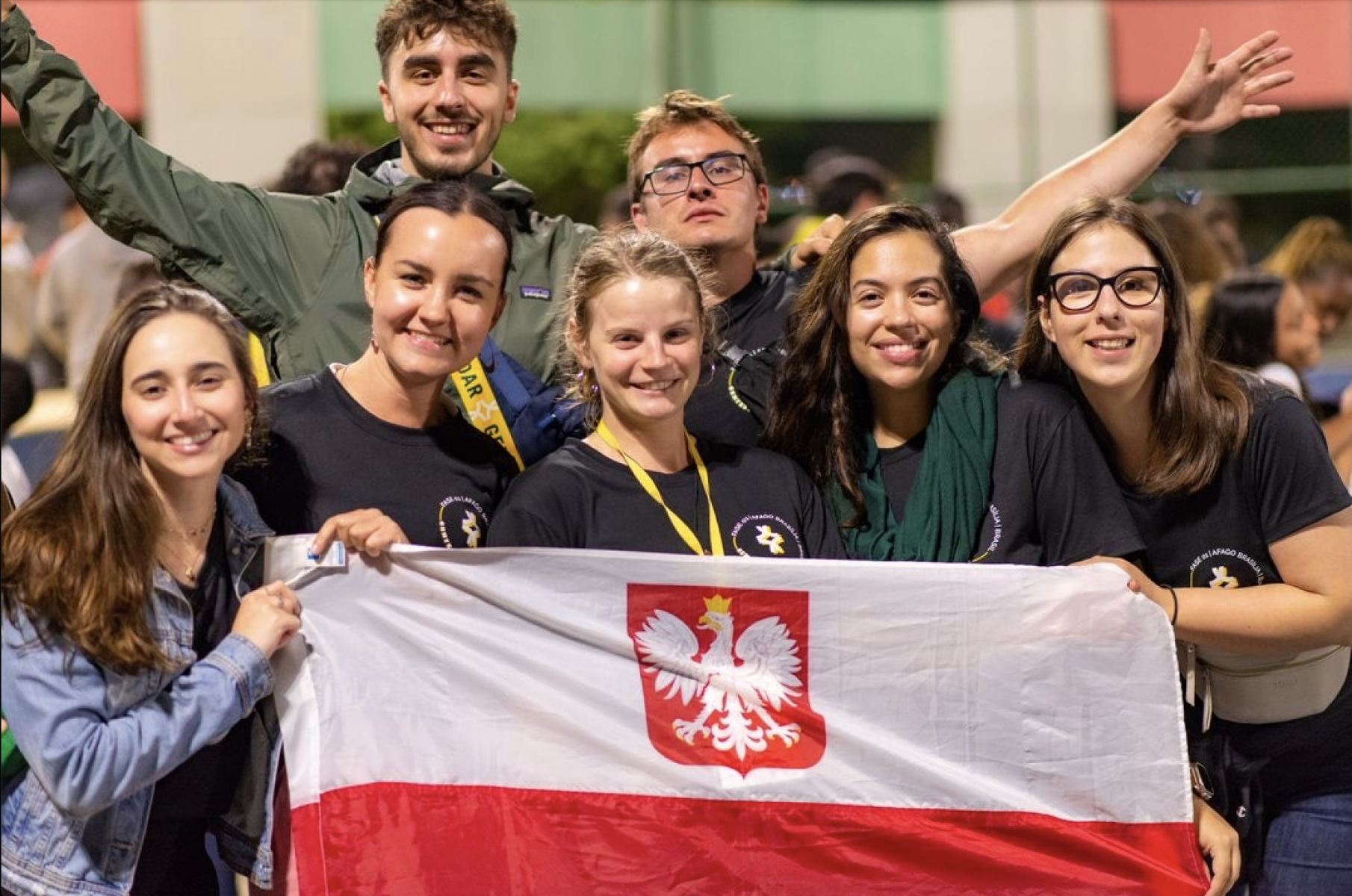
How was your work done?
I dedicated myself mainly to the first phase, the volunteering phase from the 12th to the 18th of July, with the realities of Brazil and Latin America. In my city, Brasilia, there’s AFAGO: an NGO that economically helps vulnerable families and children. It works with the whole family nucleus. We have received 70 youth from many countries worldwide, out of which 40 are from various parts of Brazil.
A work started before 2024.
A year before, we started going to AFAGO every month to create a good relations with the families. Reached the Genfest, there was a beautiful friendship.
A growing relationship?
We started that we were 5 people, and in the end, we were 35, who in the meantime were encouraged to participate in the Genfest. There were different languages and cultures, but it was fantastic getting to know each other despite this barrier. Putting ourselves out there to interact with those children.
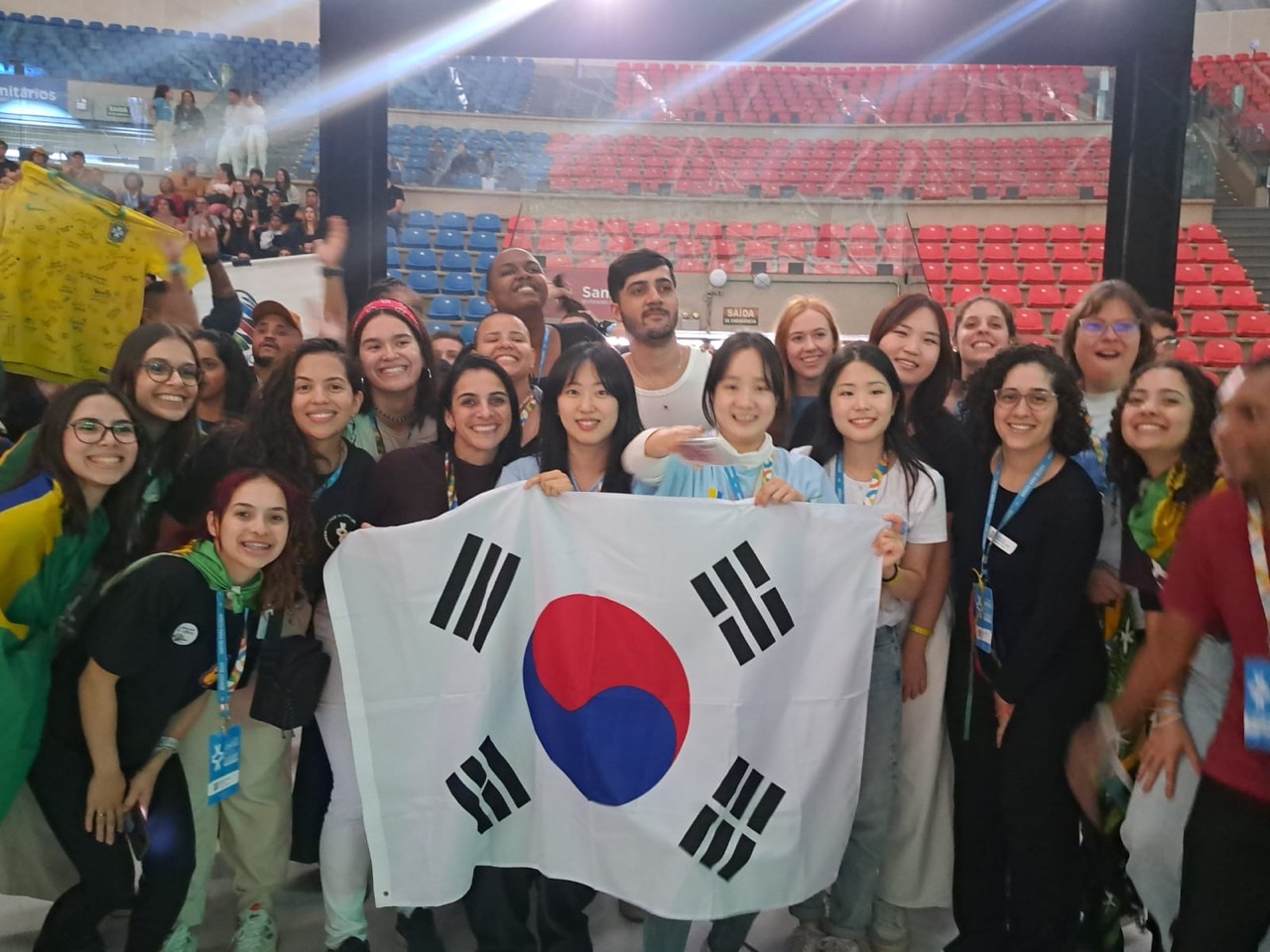
Was it your first experience of this kind?
I had already lived a similar experience at the Genfest in Manila, and I was happy to offer it to help others.
How would you resume the Genfest?
A dream and a call: to friends who thirst for life, justice, and peace.
What did you feel in those days?
Joy for the relationship we built amongst us, the children and people of the Community. On the last day we shared the sensations of the week. We all cried out of joy as well as nostalgia.
You too?
Yes. I was moved several times. God was manifesting himself in others. There was a genuine desire for a united world, for fraternity, a desire to bring love to the world.
For the rest, the theme of the Genfest was “Together to care.”
Together to care. Everything was real; it was there. Concrete. Profound. Within the experiences.
Then, phase two:
I worked at the United World Project stand. How beautiful it is to show the world its work to build relationships and create networks. To let others get to know about this space in which one talks about a united world. I noticed curiousness among the people.
Other memories of phase 2?
On the first day, through a workshop, the “Communities” presented their work. Following the workshops, there was an interreligious celebration for peace that I consider one of the most beautiful moments of the Genfest. There were representatives of various Christian churches, Afro-descendant religions, and agnostics. Each one brought their testimony of faith and offered their intentions for peace. A Hinduist boy danced: it was his way of praying and for peace. Through art.
Very beautiful.
A dream come true. To see many people of different faiths united in love. Because this is what unites us. We do not have to look at what divides us, but the common desire for unity. Love was at the basis of everything.
Going back to the “Communities” …
They’ve put a lot of effort into their workshops. Many people lived them as important experiences: practical meetings to learn of the things every community can do.
What else do you take in your heart of those days?
The experiences narrated on stage. On the economy, communion, and ecological projects. Even the personal experiences on fragilities and sufferings.
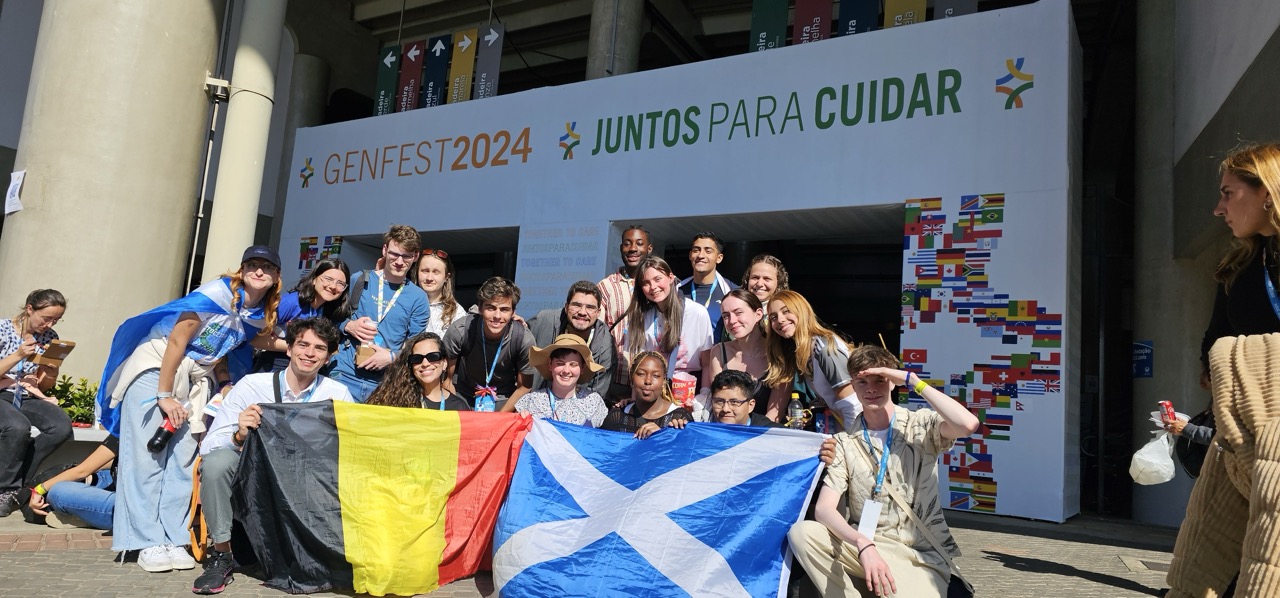
Anyone in particular?
A girl from Syria with a story of war and suffering. She was nearing the end of college, missing her thesis. I put myself in her shoes: it is quite difficult to graduate, if we think of a similar situation. In her thesis, she talks about fraternity and peace.
Touching.
Another strong experience was that of a soldier boy. A boy from Sierra Leone who was forced into war. He knew only death and violence till he managed to escape. He was convinced that his mother was dead. Then he found her along the road to forgiveness. He came to know of the Focolare Movement: the art of loving which Chiara Lubich spoke about. He came out of the darkness of extreme violence. Now he works on taking peace in his country.
We spoke about this story also on unitedworldproject.org.
Then the experience of this Italian girl, the singer Francesca Gallo, who spoke about the bullying she experienced at school and of how she overcame it with the help of her family and true friends. She put her suffering in her songs, beginning to live once again.
What do these stories have in common?
Hope! Light for our challenges.
I would like to ask you something more about AFAGO. How does it work? Who are the children they look after?
It looks after about 82 families with children who have never moved out of their poor neighborhoods. They have never visited the center of Brasilia. In those days, the world opened up to them. They saw a bigger future. Their happiness touched me deeply. We felt loved. With them, we conducted music and dance workshops mixing countries and cultures.
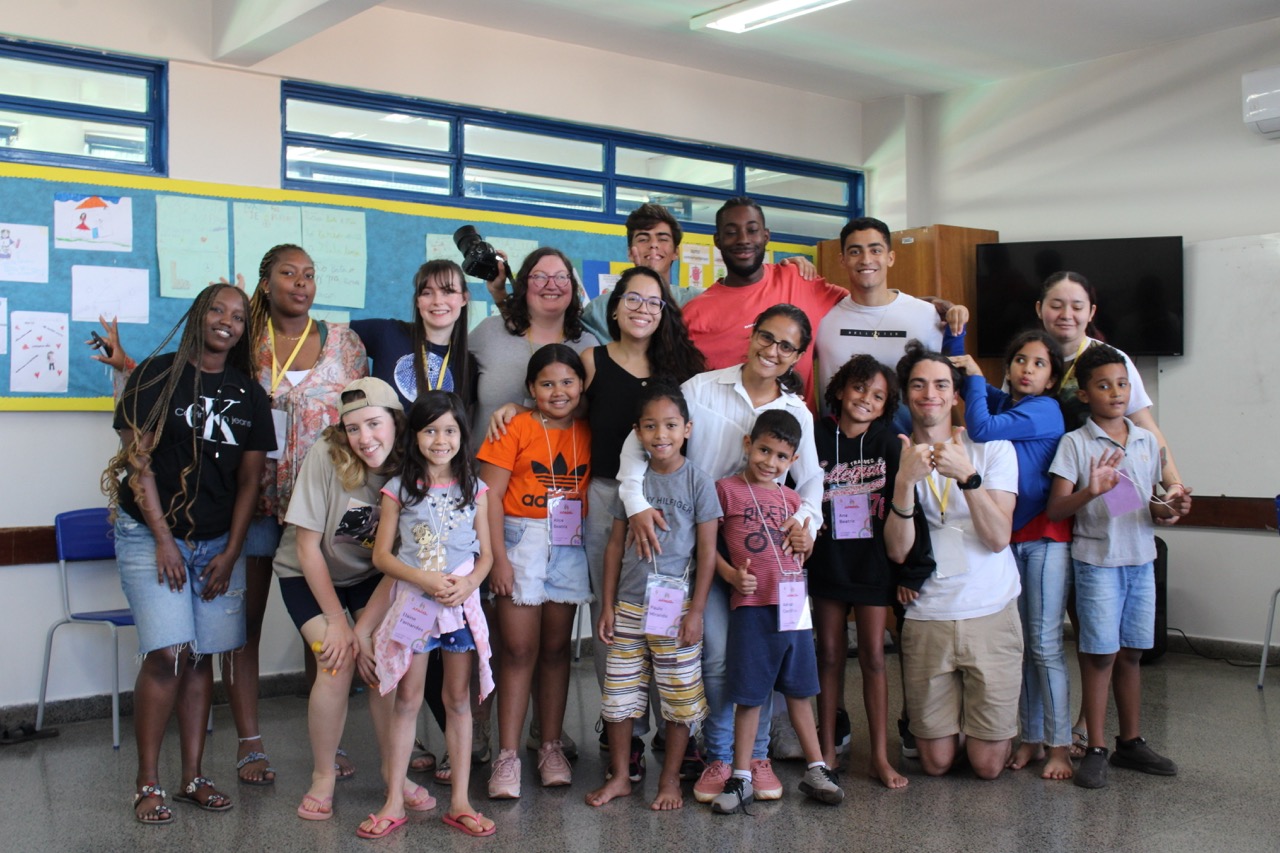
Beyond the differences…
The language of love makes one’s desire to know the other grow. I had the certainty to continue in this: take the United World also to the smallest and the ones excluded. It is the road to true happiness. We are continuing this journey also after the Genfest: one Saturday per month. A lot of work, but just as much joy.
Are these the fruits of the Genfest?
This Genfest taught me the joy of giving my time and my energy for something that can make a difference and that changes someone’s life. It gave me the joy to live a united world, to feel and touch it. Saying it is one thing, living it is another.
True.
Another word of this Genfest is “miracle.”.
What do you mean?
There have been problems and challenges. I was also scared that something could go wrong. Thus, the miracle of many people who did a lot. For me, this was the most special Genfest. It made me understand that there are many people, groups, and projects that work for a better world. I saw them at different stands at the event’s center. Sustainability, work, and economy of communion. The desire and effort for a united world are in every part of the world. A great lesson.
Fuel for the future.
In fact, the other thought is that we cannot stop here. We must continue to play the game. Building relationships with these groups, building networks. Together we are stronger and can better “care.” We must find spaces to get to know each other. Mutual knowledge that opens horizons and hearts.
To whom would you like to send this message received?
To the many youth who do not believe anymore. To those who have given up in front of wars and environmental crises. To those who cannot find answers. That’s the importance of the United World Project and of the Genfest: show the work of those who are trying to change things. Of those who are putting themselves out there as protagonists.
Wounds and hope, difficulties and perseverance in moving forward.
This is summed up by Margaret Karram, the current president of the Focolare Movement, “Let us not give peace until we achieve peace.” We cannot sit around waiting for someone else to act. During the Genfest, there are tools and opportunities. Look, there is this reality of the world; there are these beautiful experiences. Do you want to be part of it? Through these groups and these United World Community projects, we can have a global impact. One’s religion, culture, country, or language does not matter.
Chiara Lubich, founder of the Focolare Movement, she herself was young in difficult times: under the bombs of the Second World War.
But she did not give up dreaming of great things. Despite the war, she dreamed of universal unity, of all being one. Genfest brought forth this connection between Chiara and us youth today: through her text “Uomo Mondo (Human World).” We too can dream. Act and work for this dream to become reality.
